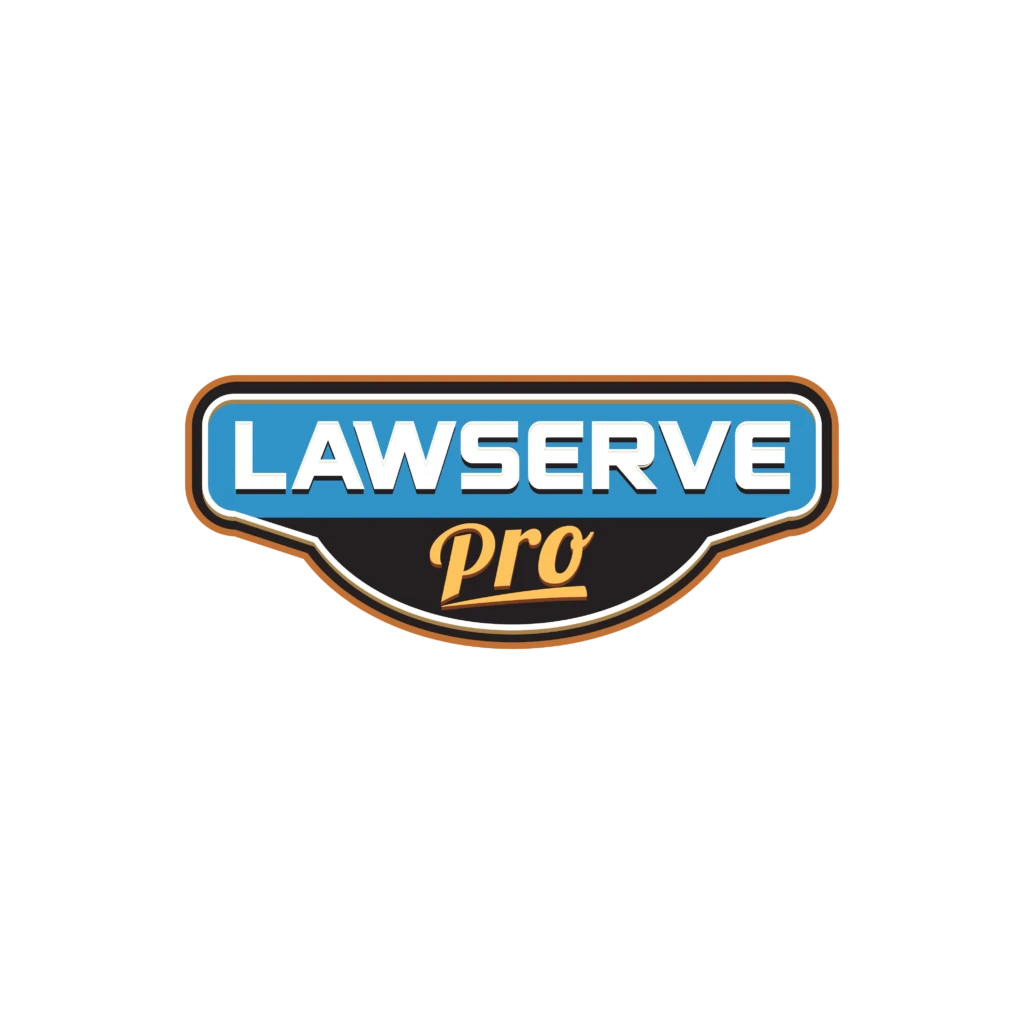History and Jurisdiction of the United States’ states Circuit Courts vs. The U.S. District Court
History and Jurisdiction of the United States’ states Circuit Courts vs. The U.S. District Court
History and Jurisdiction of the United States’ states Circuit Courts vs. The U.S. District Court
Many U.S. States have state courts called “Circuit Courts.” The term “circuit court” is derived from the English custom of itinerant courts whose judges periodically traveled on pre-set paths–or circuits–to hear cases from different areas. Most are trial courts of general, original jurisdiction, and sometimes appellate jurisdiction. As trial courts of general jurisdiction, most state Circuit Courts have jurisdiction over major civil cases and more serious criminal matters. Circuit Courts may also decide appeals from a lower court, such as a state District Court. State District courts tend to hear misdemeanor criminal offenses, smaller monetary claims and some administrative matters. Typically, the main distinction between a Circuit Court and District Court is a jury trial. Most state District Courts do not have the authority or jurisdiction to hear a jury trial. The right to a jury trial is constitutional rights granted to American Citizens by the 6th (criminal cases) 7th (civil cases) Amendments of the U.S. Constitution. Each U.S. state has different rules and regulations as to which cases are entitled to a trial by jury. For example, Family Law cases–i.e., divorce, custody, adoption, and child support–are not entitled to a trial by jury.
Most United States state Circuit Courts originated in colonial days as county or city courts. For example, the original 13 United States colonies were generally then subdivided into smaller jurisdictions, such as a city or county. Each smaller jurisdiction had a court that presided over legal matters falling in their jurisdiction. On the American frontier, a judge often traveled on horseback along with a group of lawyers. President Abraham Lincoln was one such attorney who regularly rode the circuit in Illinois. In more settled areas, a stagecoach would be used. Eventually, the legal caseload in a county would become great enough to warrant the establishment of a local judiciary. Most of these local judicial circuits (that is, in terms of the actual routes traveled by judges) have been thus replaced by judges regularly stationed at local courthouses, but in many areas, the legacy term remains in use.
Each circuit court can have several divisions, including circuit, associate, small claims, probate, family, or drug court. Each division hears cases within its particular area of subject-matter jurisdiction and jurisdiction is based on the size or type of a civil claim or the severity or type of a criminal charge. Drug court, for example, hears only drug-related criminal cases.
The U.S. Congress borrowed the idea of a circuit court from England, but the United States circuit courts were supposed to be a unique institution, whose composition and jurisdiction did not resemble England or any other prior institution.
U.S. District Courts
The U.S. District Courts are the primary trial courts of the U.S. Federal court system. In the United States, there are 94 federal judicial districts, with at least one district court in each state and in Washington, D.C. Additionally, four U.S Territories have courts that hear federal cases: Puerto Rico, the U.S Virgin Islands, Guam and the Northern Marina Islands. Also, the Court of International Trade addresses issues involving international trade and customs issues; while the U.S. Court of Federal Claims has jurisdiction over most claims for money damages against the United States, disputes over federal contracts and purported “unlawful” takings of private property by the federal government, also called eminent domain. Eminent domain allows the government to take private property for public use, even if the private party objects. This power is spelled out in the constitution and requires the government to provide just compensation for the taking. Rulings by the United States District Court are typically subject to appeal, and would be by the United States Court of Appeals.
As prescribed by Congress, the U.S. District courts have jurisdiction to hear nearly all federal civil and criminal cases. Criminal cases involve those where a suspected violation of Federal law has occurred, by either an individual or an entity. Civil cases are those that can involve the Constitution or Federal law. Cases involving parties of different states or countries can be brought in the U.S. District Court, or where the amount demanded by the plaintiff exceeds a certain amount.
District court judges are responsible for managing the court and supervising court employees. Typically, a Chief Judge or Administrative Judge will preside over all the judges and staff in one courthouse or jurisdiction. Judges are able to continue to serve as long as they appropriately execute their duties. However, they can be removed by Congress for violating their duty as a judicial officer. There are 677 District Court judges; a number authorized by Congress. This number is subject to modification, up or down, by Congress, through the United States code. Federal district court judges are appointed for a life term. This means that they serve in their position until they retire, die, step down from office or involuntarily removed from their position.
Federal courts also have exclusive jurisdiction over bankruptcy matters. Bankruptcy is a legal process where people and businesses can ask the court to protect them from creditors, who are trying to a debt. The main reason that Bankruptcy is conducted at the Federal level by the U.S. Bankruptcy Courts are for uniformity in application across the country. However, states are allowed to have additional rules for the disposition of assets; as long as those rules are not in conflict with Federal law.
As the capital of the United States, many of the U.S. Courts are located in the District of Columbia. This includes The United States District Court for the District of Columbia, the United States Tax Court, the United States Court of Appeals for the Federal Circuit, the United States Court of Federal Claims, the United States Court of Appeals for the Armed Forces, the United States Foreign Intelligence Surveillance Court of Review, and the United States Foreign Surveillance Court, the District of Columbia Court of Appeals, and the Superior Court for the District of Columbia.
AGGRESSIVE AND PROFESSIONAL NATIONWIDE PRIVATE PROCESS SERVERS
Here at LawServePro, it’s our number one priority to make your job easier. Whether you need legal documents served, a foreign subpoena domesticated, or court documents retrieved, our expert team of professionals are ready to help. Call today for a free quote!
Account
Connect
National Headquarters
8482 Fort Smallwood Road
Suite B-110
Pasadena, MD 21122
8482 Fort Smallwood Road
Suite B-110
Pasadena, MD 21122
© Copyright by LawServePro 2021 | Web Design by Exo Agency
No products in the cart.

